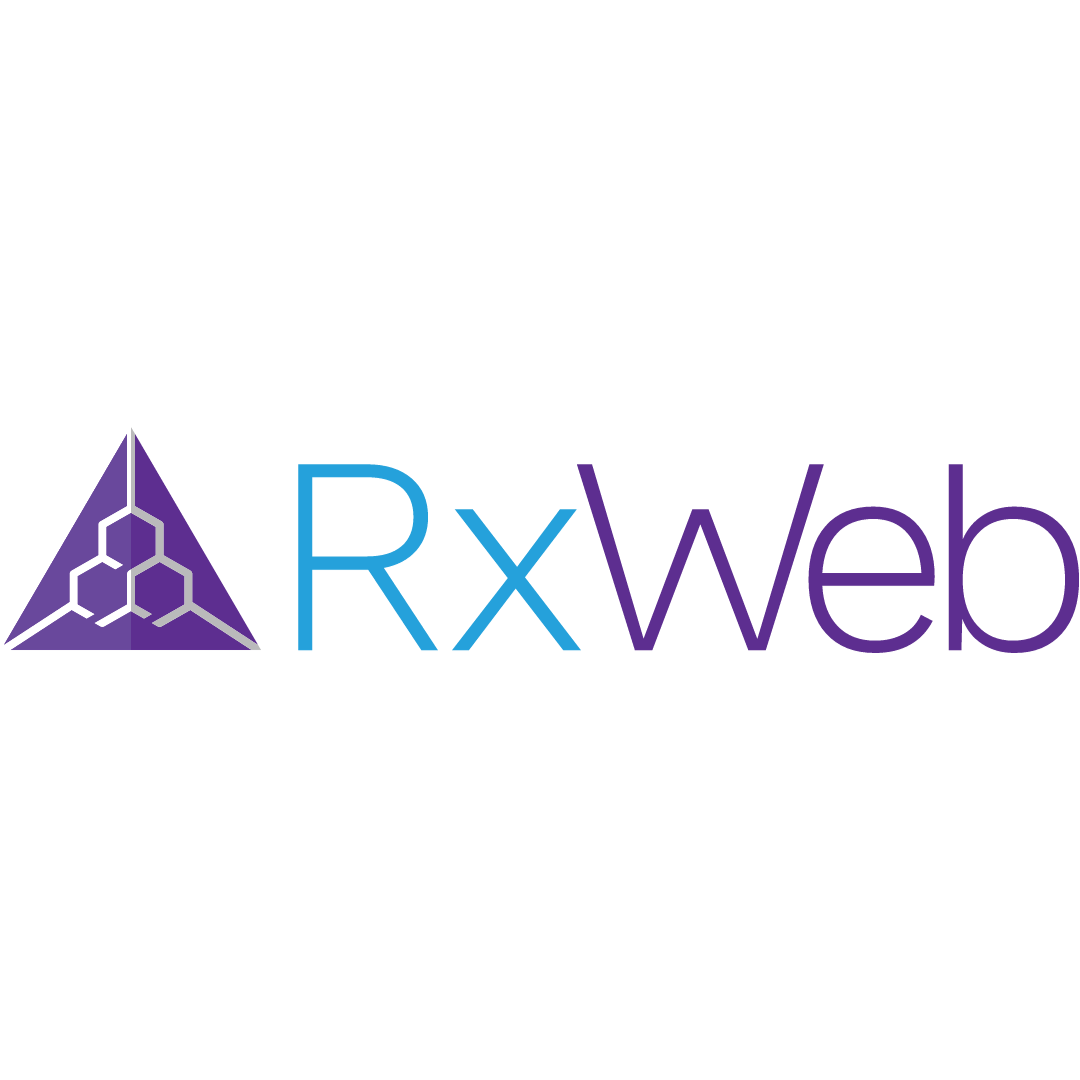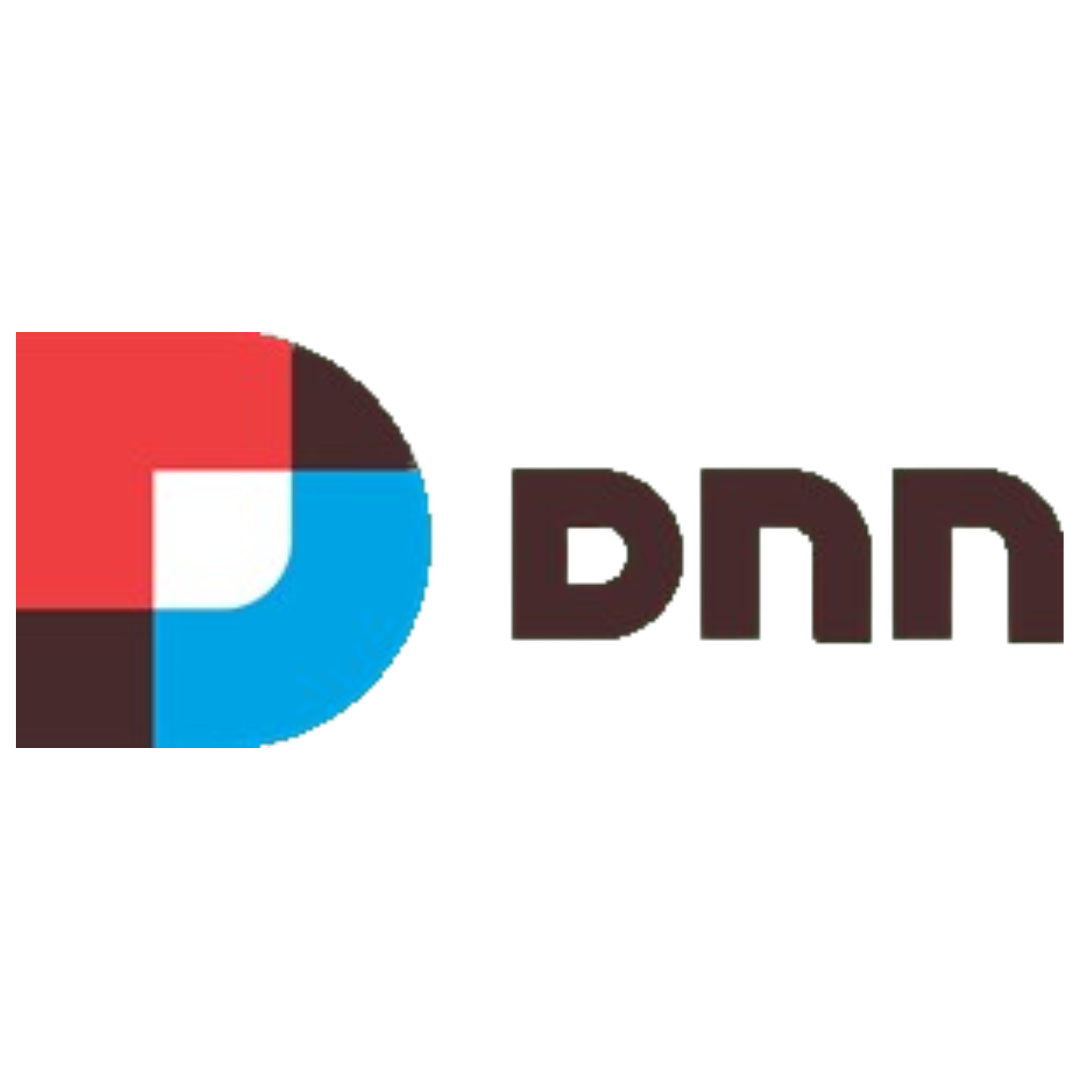
Importance Of Modernizing Legacy Systems
Modernizing your legacy systems becomes a crucial step toward success in an industry that witnesses constant advancements and upgrades. They are nothing but a silent obstacle in your progress that hinders efficiency and stifles innovation. If you are someone who still uses old systems, it’s high time that you recognize the urgent need of adaptation to a better system. Organizations worldwide are bringing in these new advancements to stay aligned with the market and its demands. By embracing these cutting-edge technologies and revitalizing outdated systems, organizations pave the way for enhanced productivity. This ensures their continued relevance and success in the evolving digital age.
1. Enabling Innovation and Adaptability
Modernizing legacy systems allows organizations to innovate and adapt to changing market dynamics. It replaces outdated technology with modern, scalable solutions, where businesses can streamline processes, accelerate development cycles, and foster a culture of innovation. Moreover, modernized systems give greater flexibility and agility that allow organizations to respond quickly to emerging opportunities and challenges.
2. Enhancing Customer Experience
If the core aspect of an organization is to enhance customer experience, modernizing systems becomes a crucial thing to do. The magic of modernizing legacy systems is its ability to deliver an enhanced customer experience. Outdated systems struggle to meet the expectations of today’s digitally savvy consumers, leading to frustration and dissatisfaction. Modernizing systems improves the performance, reliability, and usability of their applications resulting in a seamless and satisfying experience for customers. It has faster response times as compared to legacy systems for empowering businesses to meet the needs and preferences of their customers.
3. Innovation Enablement
Modernizing legacy systems is necessary to foster a culture of innovation within organizations. Legacy systems lack the capabilities that are required to support modern development practices and emerging technologies that instill all the innovations and growth. By upgrading modern solutions, businesses can provide developers access to cutting-edge tools, technologies, and development methodologies to empower them to innovate and create value-added solutions that drive business growth and differentiation.
4. Improved Security
Security is a non-negotiable thing for us developers, hence for the sake of security, modernizing the legacy software should be paramount. Legacy systems are more prone to security breaches and compliance violations of outdated security protocols and vulnerabilities. Modernizing these systems can strengthen security measures, protect sensitive data, and ensure regulatory compliance for safeguarding the organization’s reputation and minimizing the risk of costly security incidents.
5. Scalability
Modernized systems give organizations all the scalability they need to accommodate growth and evolving business needs. Legacy systems struggle to scale with increasing workloads and changing requirements, limiting the organization's ability to expand and adapt. Modern solutions, on the other hand, offer flexible scaling options to allow businesses scale up their resources up or down based on demand, ensuring that they can meet current and future needs effectively.
6. Enhanced Efficiency
Modernizing your legacy systems brings all the efficiencies that are vital for smooth functioning. Outdated systems often rely on manual processes and outdated technology which leads to inefficiencies and bottlenecks. By upgrading to modern solutions, businesses can automate routine tasks, streamline workflows, and optimize resource allocation resulting in significant improvements in productivity and operational performance.
7. Compliance and Regulation
Legacy systems often struggle to meet the ever-changing regulatory requirements and compliance standards, putting organizations at risk of non-compliance penalties and legal liabilities. Modernizing these systems allows businesses to implement robust compliance measures, ensuring adherence to industry regulations and data protection laws, thus mitigating the risk of regulatory fines and reputational damage.
8. Competitive Advantage
In today's competitive landscape, organizations must differentiate themselves from competitors to attract and retain customers. Modernizing legacy systems enables businesses to stay ahead of the competition by leveraging the latest technologies, improving operational efficiency, and delivering innovative products and services that meet evolving customer demands to stay aligned to gain a competitive edge in the market.
9. Seamless Integration with Third-party Services
In this interconnected digital ecosystem, a seamless integration with third-party services and platforms is crucial for business success. Legacy systems struggle with interoperability issues that hinder the adoption of new technologies and partnerships. Modernization enables organizations to leverage APIs, microservices, and cloud-based solutions for integrating external systems that enhance functionality and drive innovation.
10. Empowering Digital Transformation
In a fast-paced digital world, organizations need to embrace digital transformation to remain competitive and relevant. Modernizing legacy systems serves as a catalyst in digital transformation initiatives that enable the adoption of agile methodologies, DevOps practices, and cloud-native architectures. With this transformational journey, you can empower organizations to accelerate innovation, improve customer experience, and drive business growth in an increasingly digital landscape.
11. Optimized Resource Utilization and Cost Savings
Legacy systems consume a significant resource in terms of hardware, maintenance, and support resulting in high operational costs and inefficiencies. Modernizing these systems helps organizations to optimize resource utilization with cloud migration, visualization, and automation. This optimization reduces infrastructure costs and also improves scalability, resilience, and overall operational efficiency resulting in substantial cost savings over time.
12. Future Readiness
In the rapidly evolving digital landscape, organizations should be prepared to adapt to new technologies and market trends to remain competitive and relevant. Modernizing legacy systems ensures that organizations remain agile, resilient, and future-ready. With this upgrade, businesses will be able to embrace change and innovation with confidence. By investing in modern solutions, businesses can position themselves in the long run for success to ensure that they can meet the evolving needs of customers and stakeholders to stay ahead of the competition.
Modernizing legacy systems isn’t just an option, but a necessity in today’s fast-paced digital landscape. By embracing these cutting-edge technologies into your organization and revitalizing outdated systems, organizations can unlock innovation, enhance customer experience, and gain a competitive edge. Modernization enables agility, scalability, and efficiency that also ensures compliance and future readiness. With its strategic investment, you can pave the way towards success and relevance in the ever-evolving industry.


































































comments for "An Interview with Exavibes Services"
Leave a Reply